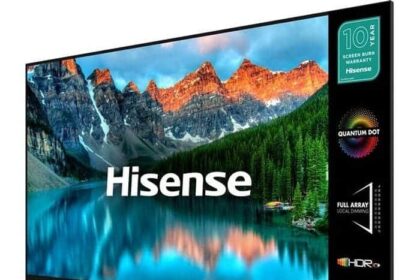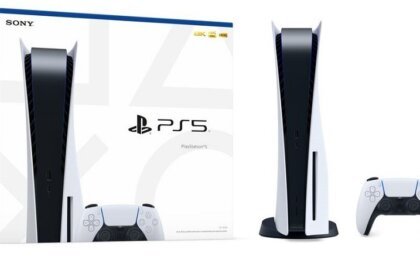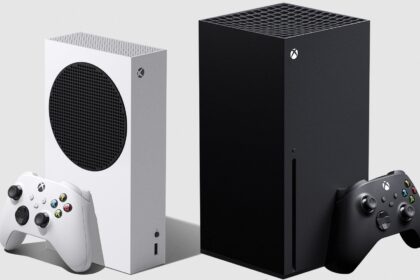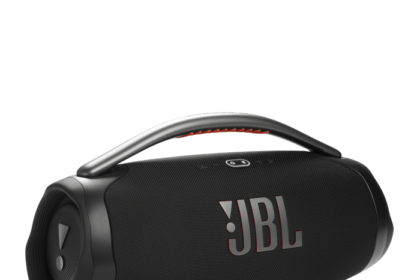Whether you’re looking to beat the sweltering South African summer heat or want to stay cozy in winter, having an efficient air conditioner you can depend on is crucial. But as any shopper knows, air conditioner prices can range tremendously based on type, brand, features and other aspects that leave your head spinning.
As air conditioning experts in South Africa, we want to make understanding aircon pricing straightforward. This detailed guide examines the various air conditioner types available, factors affecting costs, average pricing across units and capacities, top brands on the market, additional features to consider, operating costs and tips for saving. Read on for everything you need to confidently compare systems and secure the perfect match for your unique needs and budget!
Breaking Down the Different Air Conditioner Types
The first variable impacting pricing is the overall type of air conditioner:
Window Air Conditioners: Best for smaller spaces, window units easily install into standard windows without major building modifications. Lower capacity window aircons below 6000 BTU range R2,000 – R4,500.
Portable Air Conditioners: Rollable units exhaust hot air through a vent hose placed in a window opening. Convenient for moving between rooms but less efficient. Under 12000 BTU portable aircon prices are R5,000 – R8,000.
Split air conditioners: Split units have sleek interior wall-mounted air handlers connected to an outdoor compressor by pipes. Split air cons deliver powerful and efficient performance. Entry level 9000 – 12000 BTU split systems run R8,000 – R12,000.
Commercial AC: Large scale systems for offices, shops, malls and complexes. Tonnage capacity, ductwork and labor impact pricing greatly. Expect R35,000+ installed depending on requirements.
Understanding Air Conditioner Size Ratings
An air conditioner’s cooling and dehumidification capacities are measured by BTU (British Thermal Unit) ratings matched to room dimensions:
– Small spaces under 15 m2 need 5000 – 8000 BTU capacity.
– Medium rooms of 15 m2 to 23m2 require 8000 – 12000 BTU units.
– Large spaces over 23m2 need 12000 – 24000+ BTU capacity.
When uncertain, calculate 60 BTU per m2 as a general sizing rule for residential air conditioner capacity. Of course requirements depend on factors like occupancy, sun exposure and insulation.
How Air Conditioner Prices Vary by Brand
Reputable air conditioning brands promote vastly different technology, efficiency ratings and pricing across models targeting different consumer budgets. Here’s an overview of major brands and product lines:
Samsung: From innovative Windfree units to Artcool mirrors, pricing spans R5,000 – R60,000 across models. Flagship designs showcase premium finishes and smart WiFi controls.
LG: The LG Dual Inverter heat pump split aircons offer ultra quiet energy efficiency. Expect to invest R10,000 – R35,000 for their top tier systems.
Hisense: Budget friendly aircons from compact portables to large split system inverters. Entry models start around R5,000 with advanced units closer to R20,000.
Midea: Midea manufactures great value air conditioners blending solid performance with attractive style. Unit prices range R5,000 – R25,000 for specialty models.
Carrier: Targeted at commercial applications, Carrier Aircons carry higher price tags from R35,000 to over R100,000 but deliver unmatched durability in harsh conditions.
Daikin: Japanese engineered Daikin Aircons offer some of the best energy ratings through patented compressor and heat exchanger technology. Expect to pay R15,000 – R50,000+.
Hitachi: Sophisticated Hitachi split systems feature intelligent humidity control and airflow for the ultimate in comfort. Budget R15,000 – R35,000 at minimum for these.
Understanding Efficiency Ratings
With electricity prices soaring, energy efficiency remains top priority for most buyers. South African air conditioners get labelled with EER and COP energy ratings:
– EER = Energy Efficiency Ratio
– COP = Coefficient of Performance
These measures indicate how much cooling/heating output you get per kilowatt usage. Higher EER and COP ratings save more electricity and therefore money in the long run.
While published measures help compare products, real world performance depends on proper sizing and installation. An oversized unit cycles on and off more, dropping efficiency. Expert consultation prevents this issue.
Factor in Operating Costs Before Deciding
When comparing air conditioner prices, buyers understandably focus most attention on upfront equipment costs. But you must weigh long term energy consumption into your buying decision before finalizing. Why? Operating costs accumulate to WAY more over a system’s 8-15 year lifespan.
Here’s a simple framework for calculating total lifetime costs:
1. Estimate cooling runtime. Consider your climate, room usage and occupancy patterns.
2. Check the BTU and specified EER or COP rating to understand electrical draw.
3. Research electricity rates. Cost per kWh may vary over years so estimate conservatively.
4. Calculate estimated average yearly energy costs.
5. Multiply by total years used to get lifetime operating cost estimate.
This quick exercise gives the true cost comparison between budget units with lower EER ratings and premium energy efficient inverter split system air conditioners. The latter nearly always justify higher purchase prices long term through power savings and reduced environmental impact from electrical usage.
Installation Costs and Financing Options
Besides the air conditioning unit itself, factor installation costs into your budgeting. Assuming existing electrical connections, expect at least R2,000 – R5,000 for professional fitting and leak testing split ductless or portable air conditioners. Larger commercial projects require extensive ductwork, wiring and structural modifications pushing fees over R20,000+.
Many retailers offer 12-24 month financing options easing payments by spreading the costs interest free over time. Just ensure you understand the payment terms fully upfront.
Additional Aircon Features to Evaluate
Beyond efficiency considerations, air conditioners now offer many convenience and health features that may appeal:
● WiFi App Control: Use your mobile device to adjust modes, scheduling, temps and more remotely.
● Zone Control: Set different target temperatures across multiple connected indoor air handler units.
● Air Purifying Filters: Remove airborne dust, allergens, bacteria, mold, smoke and odors for cleaner air.
● Inverter Compressors: Provide incredibly precise temperature control using variable motor speeds.
● Sleep Modes: Gradually adjust temps overnight according to sleep cycles.
● Voice Control: Use smart assistants like Siri, Alexa or Google to change settings hands free.
● Radiant Cooling: Distribute air evenly without drafts using panel or bladeless designs.
Understand any pricing premiums for add-ons matching your functional needs.
Professional Installation Recommended
Given complex refrigerant piping connections and electrical requirements, professional air conditioner installation is strongly advised over DIY, especially for split ductless systems and mid-large capacity units. Paying accredited installers ensures proper performance, efficiency and safety plus manufacturer warranty support.
Technicians will assess your space, make exact unit recommendations, handle permit applications and perform neat mounting and testing. Well worth installation fees given most households lack tools, skills and certifications for the specialized HVAC tasks involved.
How to Find the Best Aircon Prices in South Africa
Now that we’ve surveyed the pricing considerations across air conditioner types, sizes, brands and features – where exactly should you shop for the best deals locally?
Online marketplaces like Takealot.com allow price comparisons across hundreds of models and retailers to surface deals. Extras like free delivery, interest free financing, discounted installation and cashback rewards provide further value.
Local appliance chains such as Game, Makro, Incredible Connection and Dion Wired compete aggressively on price for air conditioning sales aided by their extensive store and dealer networks. Check flyers for seasonal promotions on top brands.
Air Conditioning contractors and specialists offer premier pricing on commercial grade systems alongside design consultation and certified installation services. Develop relationships with sellers understanding your particular needs.
And don’t forget to negotiate prices quoted! Many retailers expect counteroffers and build wiggle room into initial air conditioner pricing. Just avoid haggling on entry level units or basic single splits where margins are slimmer.
Discover Cool Savings Today!
The prospect of researching, choosing and buying a properly sized air conditioner can feel overwhelming and intimidating amid the technical lingo and variety of products and features. But you’re now equipped with insider knowledge to comparison shop units for your unique space with confidence.
So put these air conditioner pricing tips into action, evaluate operating costs carefully, hone in on energy efficient models from reputable brands, and negotiate with trusted retailers. Very soon you’ll be rewarded with the perfect system providing cool comfort and energy savings in South African weather for years on end!






